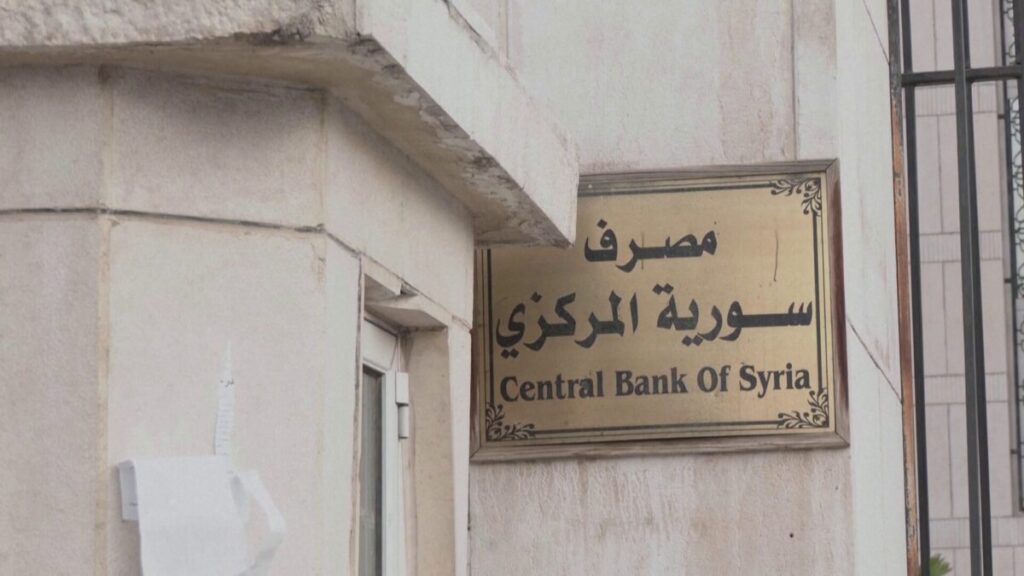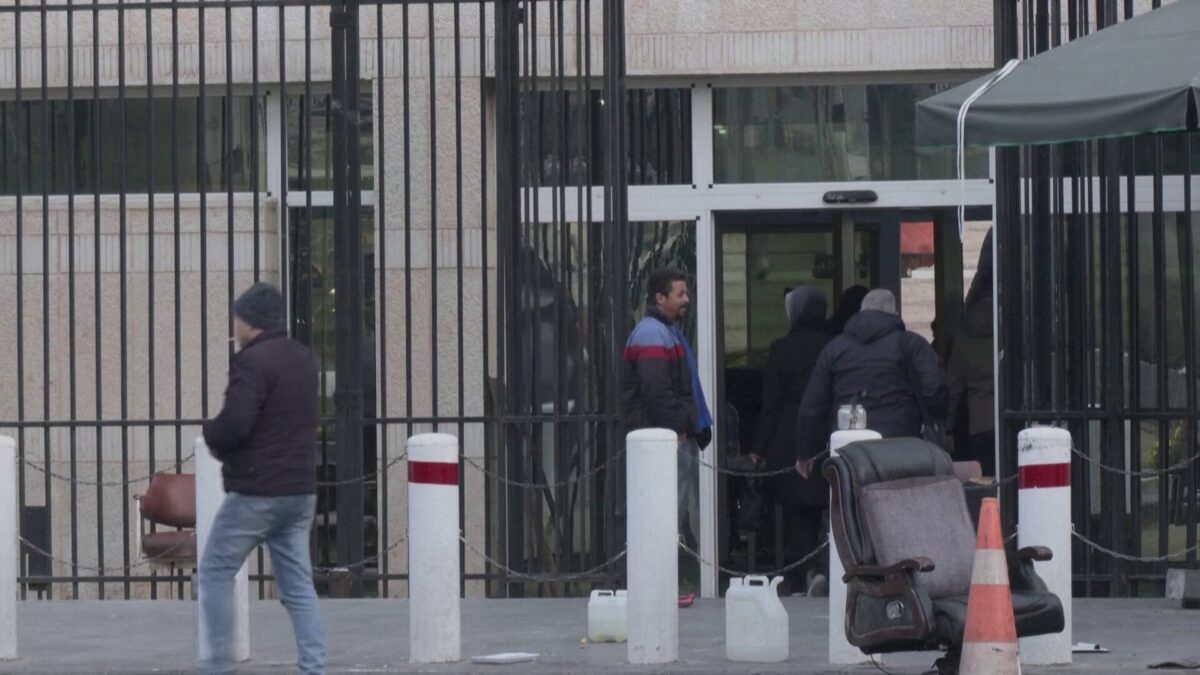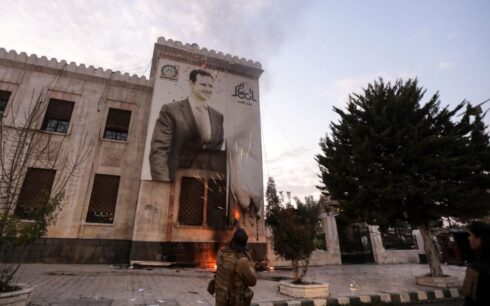DAMASCUS, Syria — Employees returned to the Central Bank of Syria on Tuesday, marking their first day back at work since the stunning overthrow of President Bashar al-Assad, an event that has left the nation—and much of the world—grappling with uncertainty.
Mini-buses pulled up outside the Central Bank in central Damascus early Tuesday morning, carrying workers eager to resume operations under the new transitional government.
“We will start a new shift, a new day, a new year, a new life—everything new,” said Sumayra al-Mukli, one of the returning employees, expressing cautious optimism about the nation’s future.
A sudden turn of events
The swift collapse of Mr. Assad’s regime after 13 years of civil war has reverberated across Syria and the broader region. Over the past 12 days, the conflict, long mired in stalemate, gave way to a lightning-fast campaign by a coalition of rebel forces that ultimately led to Mr. Assad’s ouster.

On Monday night, the United Nations Security Council convened a closed-door meeting to assess the situation, with diplomats reportedly stunned by the rapid pace of developments.
On Monday, Mohammed Jalali, Mr. Assad’s prime minister, agreed to transfer authority to the Salvation Government, a rebel-led administration based in northwestern Syria. The handover marks the start of a transitional process aimed at stabilizing the country after more than a decade of war.
Ahmed al-Sharaa, a leading rebel commander widely known as Abu Mohammed al-Golani, met with Mr. Jalali and Vice President Faisal Mekdad to discuss the next steps in establishing the new government, according to a source familiar with the talks. Mr. Jalali indicated that the transfer of power could take several days to finalize.
Uncertain path ahead
The sudden fall of Mr. Assad’s government has left Syrians and international observers wary about what lies ahead for the war-torn country. The new government faces enormous challenges, from rebuilding critical infrastructure to addressing the humanitarian crisis that has displaced millions of Syrians.
For now, however, the return of employees to institutions like the Central Bank offers a symbolic step toward restoring normalcy in a nation that has endured years of upheaval.





